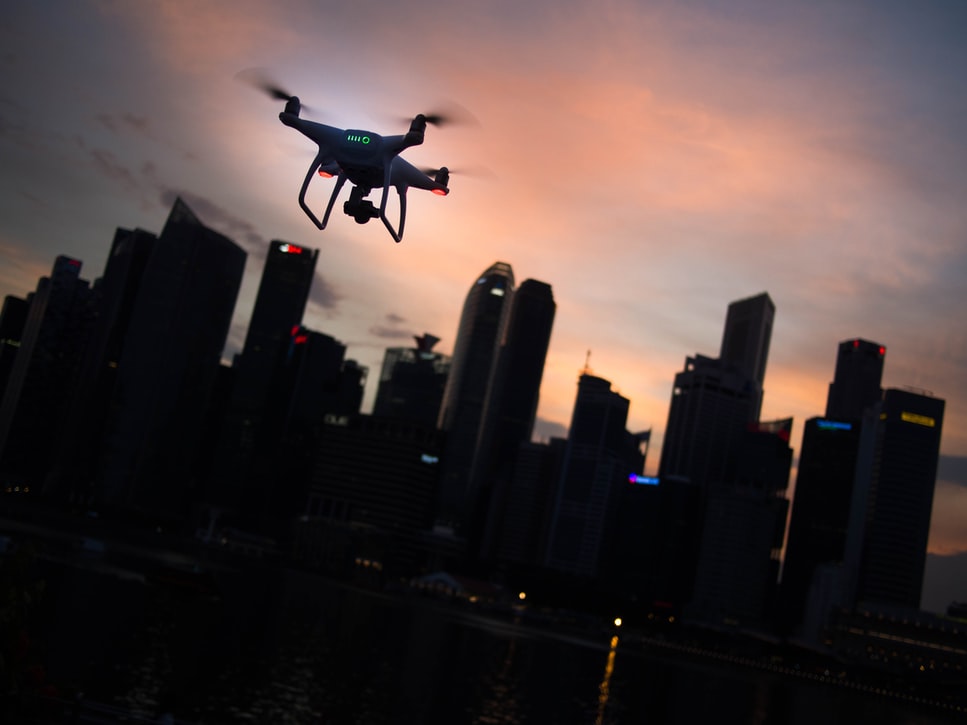As our cities get smarter, so will our emergency responses. The COVID-19 threat has exposed the importance of a quick and efficient pandemic response plan. Urban planning could be the difference between life and death for residents, especially in densely populated urban areas such as New York City.
By 2050, it’s estimated that 68% of the world’s population will live in cities. To plan for the future, officials are evaluating how technology can help stop the spread of viruses through disease tracking, geolocation, autonomous delivery, and more.
Keep reading to learn how smart city technology can stop the spread of pandemics in the future.
Disease tracking
An artificial intelligence software by the name of BlueDot was the first to alert users about unusual pneumonia cases in Wuhan on December 31, 2019. It would be another 10 days before the World Health Organization would make any public statements about a novel coronavirus.
So how does artificial intelligence track diseases and viral spreads? Big data and natural language processing allow the software to scour through public data to flag unusual occurrences. Scientists, city officials, and researchers can then access this data in real-time.
Autonomous delivery
Limiting human contact has been an essential part of the COVID-19 pandemic response, as the virus can live on surfaces for up to three days. “Shelter in place” orders have urged citizens to stay inside, although essential workers such as delivery workers have not gotten the luxury of staying home.
Autonomous delivery would limit the number of essential workers needed to perform tasks such as transportation and delivery. Delivery drones could deliver small packages and food items, and self-driving trucks could bring goods into a city unmanned.
Smart cities of the future will likely develop ways to work with transit companies to control autonomous delivery, prioritizing essential goods such as the delivery of medical supplies and medicine over other items.
Geolocation
Your phone is likely already collecting geolocation data on your movements, so why not share this data with city officials to make disaster response planning easier? Cities that use geolocation data will be able to more accurately predict human movement and behavior patterns, which becomes essential when deciding city ordinances around curfews.

Internet connectivity
Smart cities, such as New York City, offer free WiFi access in public areas so citizens can always access the Internet. This is a great way to keep people up-to-date with information during an emergency.
In addition to free WiFi, information kiosks throughout the city can also easily spread information. This helps communicate information to older and poorer populations who may not have access to or be as savvy with smartphone and computer technology.
Smart cities of the future will undoubtedly use lessons learned from the COVID-19 pandemic for future pandemic planning. One benefit to a connected world is access to more information, especially in matters of life and death.
Smart city technology isn’t only helpful during a pandemic: there are tons of other benefits that data tracking can provide such as energy conservation, water and energy management, traffic controls, and more. Check out this animated visual on how smart cities work below.








